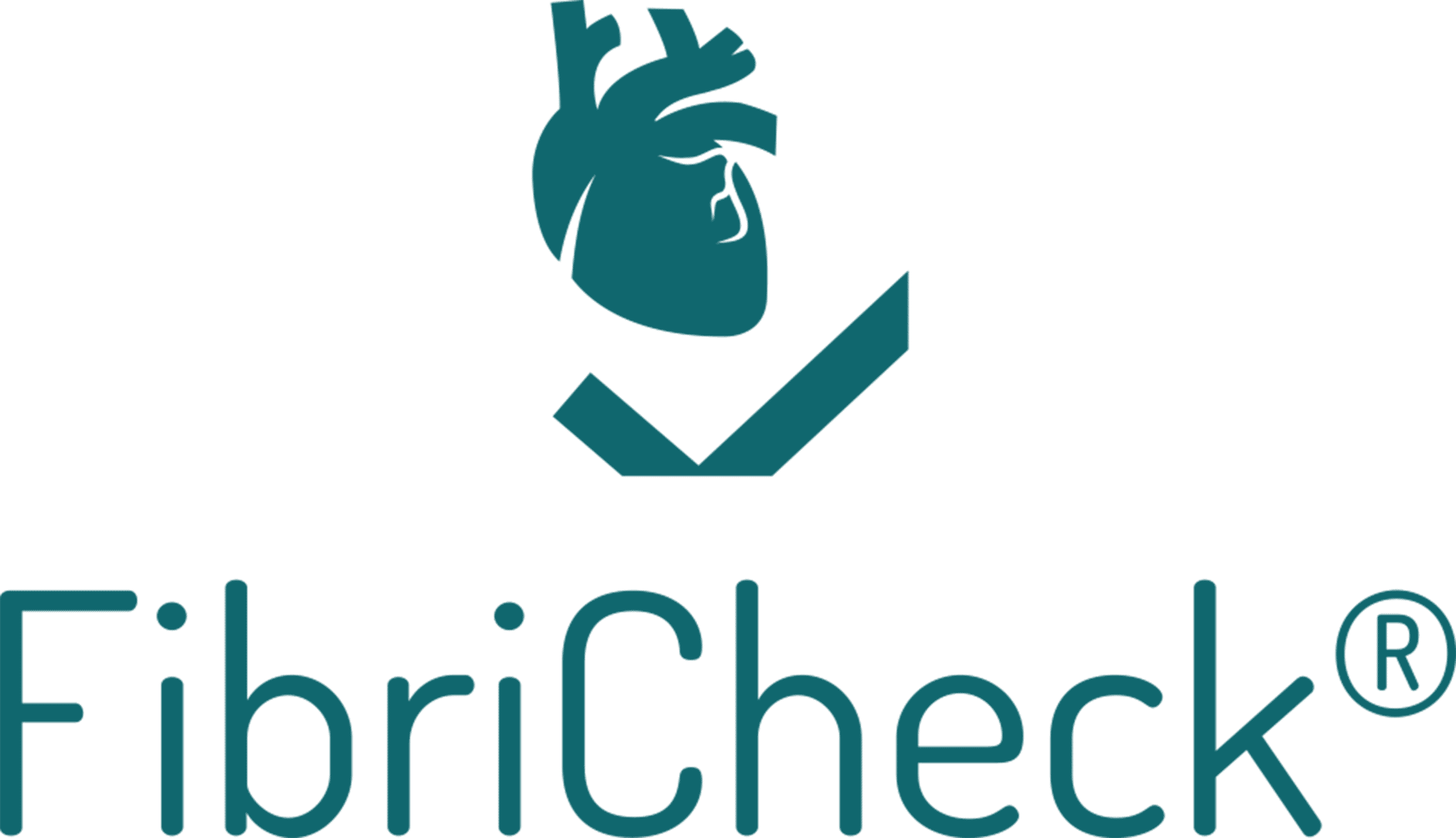The Staffordshire and Stoke on Trent Integrated Care System (ICS) – has introduced the use of FibriCheck, enabling patients with palpitations to check their heart rhythm from the comfort of home, without need for a hospital visit or additional equipment.
A total of 146 GP practices have signed on to participate in this regional approach to palpitations management. The project’s primary aim is to triage patients experiencing palpitations more effectively. Reducing unnecessary appointments and diagnostic referrals regionally, while also decreasing wait times and resources in both primary and secondary care. The app is now being rolled out across the Staffordshire and Stoke On Trent ICS.
Now, patients calling for an appointment for palpitations concerns can have a real-time solution rather than waiting for the next available appointment. This is a game changer for many patients, who often have to wait weeks or even months before they have an appointment. This is especially frustrating for both patients and providers as palpitations come and go, making it challenging to capture during routine or scheduled appointments. This often leads to repeat visits, ineffective consults, avoidable admissions and unnecessary referrals and diagnostics. The impact of this approach will not only improve health outcomes within the local health system, but also brings savings to the NHS.
Regional clinical director Dr Jack Aw, a senior GP partner of the Loomer Medical Group (the leading practice whose results launched this work to regional scale ), and clinical advisor of this pathway commented: “This is amazing for patient care and a massive cost saving to the system as these people could have had a stroke or heart attack in the future. These are less potentially disabled individuals, who would not have been able to live healthier lives, be in work, and required care. Fibricheck has allowed us to be more responsive to patient care needs and helped with capacity in frontline general practice.”
Next to improved resource management and cost reduction from this palpitations pathway, the detection of atrial fibrillation will be a logical consequence of this project. This approach also supports practices to opportunistically address symptomatic, at-risk patients as aligned to annual primary care health checks. Data output from the 7- day monitoring period will not only serve to demonstrate attainment of practice level activity metrics centrally, resources from the 3 hubs will also triage and prioritise FibriCheck’s results and inform practices on the next steps in care for their patients.
Created on November 17th, 2022 at 12:39 pm
Last updated on August 3rd, 2023 at 03:45 pm




